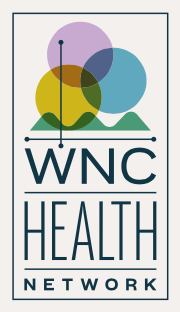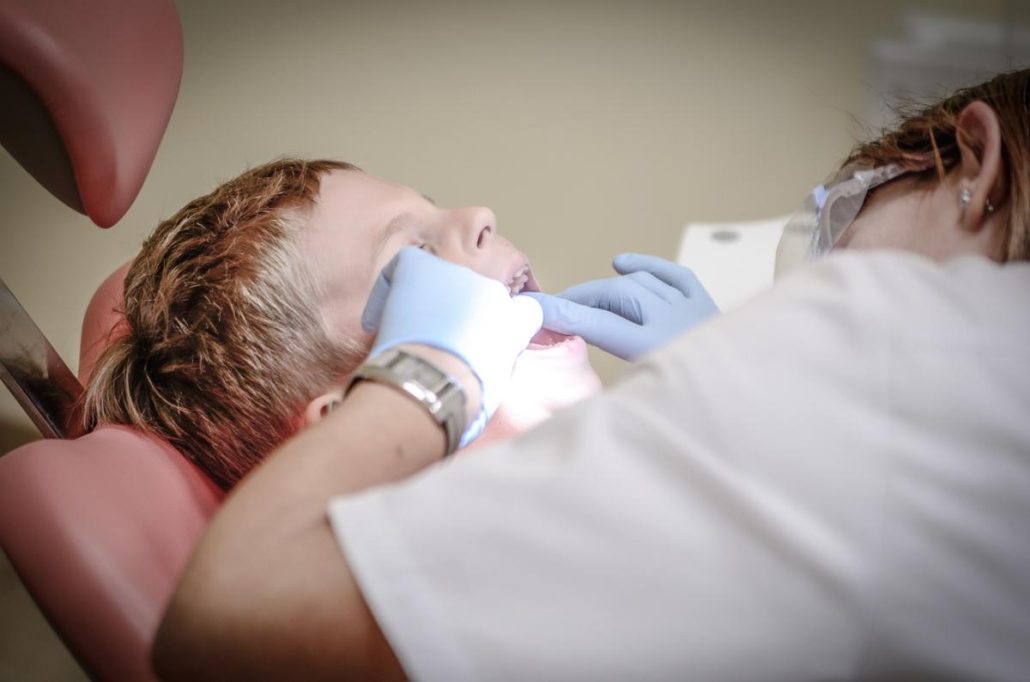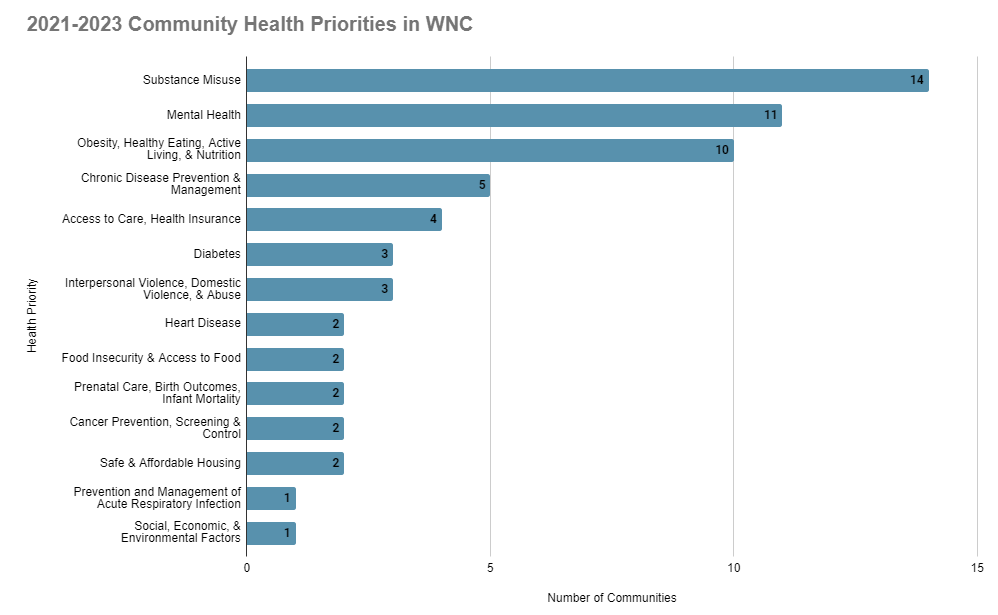
SIGN UP FOR OUR NEWSLETTER
By submitting this form, you are consenting to receive marketing emails from: WNC Health Network. You can revoke your consent to receive emails at any time by using the SafeUnsubscribe® link, found at the bottom of every email. Emails are serviced by Constant Contact



